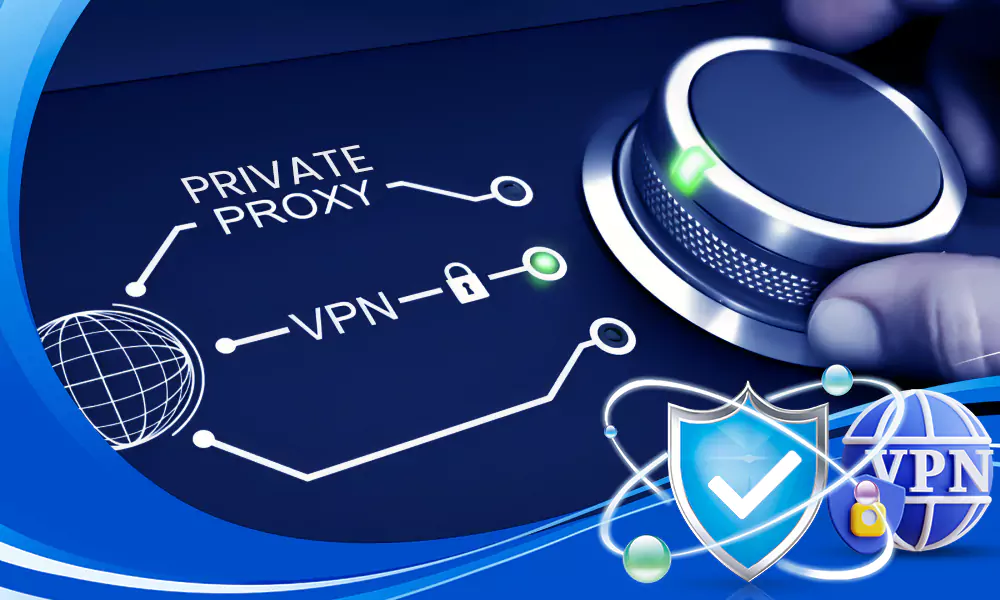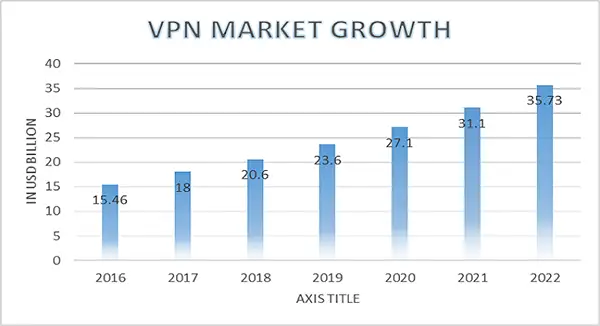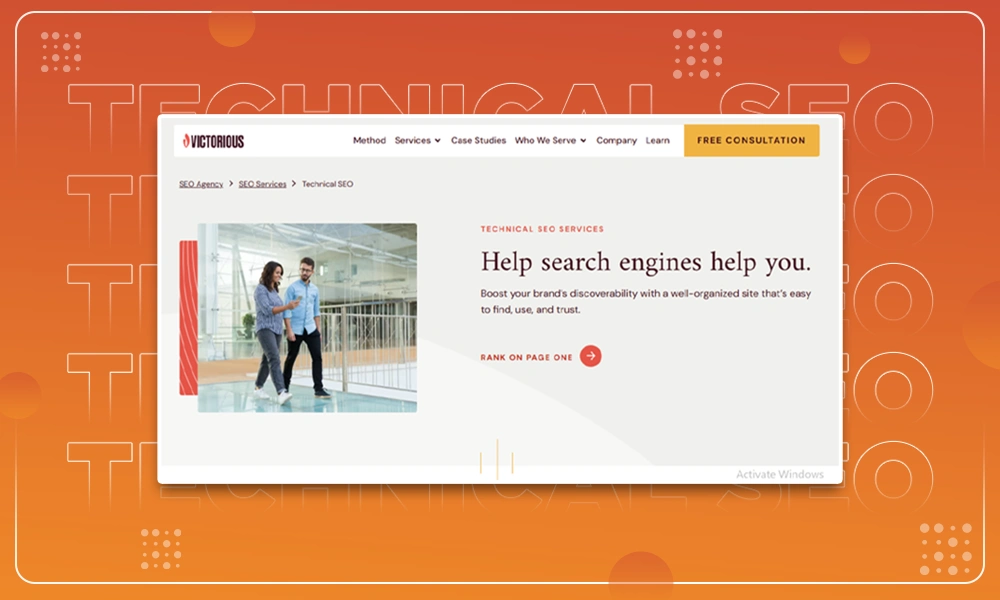Private Proxies vs. VPNs: 5 Main Differences You Should Consider

What is a Private Proxy?
Private proxies, also known simply as proxies, are intermediaries between your computer and the internet. When connecting to a website using a proxy, your request is initially sent to the proxy server, which then forwards it to the target website. As a result, the website sees the proxy server’s IP address instead of your own, effectively masking your location and identity.
Pros of private proxies:
- IP anonymity: They hide your IP address, making it difficult for websites and online entities to track your online activities.
- Speed: They typically offer faster speeds compared to VPNs. Since they route only specific requests through the proxy server, there’s less overhead, resulting in quicker connections.
- Ease of use: Configuring a proxy is relatively simple, making it suitable for users who want to safeguard their online identity without a steep learning curve.

What is a VPN?
Virtual Private Networks, or VPNs, are a broader and more versatile tool for ensuring online security. Like proxies, VPNs route your internet traffic through a server, but they take safety a step further by encrypting your data before it leaves your device.
Pros of VPNs:
- Data encryption: They encrypt your internet traffic, making it virtually impossible for hackers and malicious entities to intercept and decipher your data. This encryption ensures the confidentiality of your online activities.
- Enhanced security: Besides hiding your IP address, they add an extra reliable layer of protection by encrypting your data. This feature makes them an excellent choice for accessing public Wi-Fi networks securely.
- Comprehensive privacy: They often have a no-logs policy, meaning they do not store information about your online activities. This feature further enhances your online privacy.
Differences Between Private Proxies and VPNs
Private proxies and VPNs (Virtual Private Networks) are tools used to enhance online security and privacy, but they have distinct differences in how they operate their intended purposes, and the level of protection they provide. Here are the key differences between both of these:
Function and Purpose
Private Proxies
The primary purpose is to hide your IP address and provide anonymity, making them suitable for tasks like web scraping, data mining, or accessing geo-restricted content.
VPNs
Besides masking your IP address, VPNs encrypt your internet traffic, ensuring the confidentiality and security of your data. They are designed to provide enhanced security and privacy, making them suitable for tasks like secure web browsing, online banking, protecting your data on public Wi-Fi networks, and accessing geo-restricted content.
Data Encryption
Private Proxies
They focus on hiding your IP address but do not secure the data you transmit or receive. As a result, your internet activities may still be vulnerable to interception.
VPNs
VPNs encrypt your entire internet connection, making it extremely difficult for hackers, ISPs (Internet Service Providers), or other malicious entities to intercept and decipher your data. This encryption guarantees the privacy and security of your online activities.
Speed
Private Proxies
These tend to be faster than others because they only route specific requests through the proxy server. There is less overhead, resulting in quicker connections. This makes them suitable for tasks that require speed, such as web scraping.
VPNs
They may sometimes slow down your internet connection because of the encryption and routing process. However, premium VPN services optimize their infrastructure to minimize speed reductions, making them suitable for online activities.

In this graph, based on the studies from different years, you can see the exponential growth of the VPN market and becoming into a multi-billion dollar market.
Ease of Use
Private Proxies
Configuring and using private proxies is generally straightforward, making them accessible to users who want to protect their online identity without a steep learning curve. Thanks to these programs, you can do multiple online tasks like using proxies to buy sneakers, play games, etc.
VPNs
They may have a more complex setup process, especially for novice users.
Geo-spoofing
Private Proxies
They may provide some degree of geo-spoofing, allowing you to appear as if you’re browsing from a different location. However, this capability may be limited compared to VPNs.
VPNs
VPNs excel in geo-spoofing, offering a wide range of server locations worldwide. They are highly effective for bypassing geo-restrictions and accessing content that may be blocked in your region.
Conclusion
Choosing between a proxy and a VPN largely depends on your specific online security needs. A proxy may be sufficient if your primary concern is hiding your IP address to maintain anonymity when performing tasks like web scraping or data mining. They offer speed and ease of use, making them suitable for these purposes.
However, if you’re more concerned about comprehensive online security, including data encryption, protection on public Wi-Fi networks, and bypassing geo-restrictions, a VPN is the superior choice. VPNs provide robust encryption and a wider range of security features, making them suitable for various use cases, from online banking to torrenting.
Consider your needs thoroughly before choosing a proxy or VPN.










